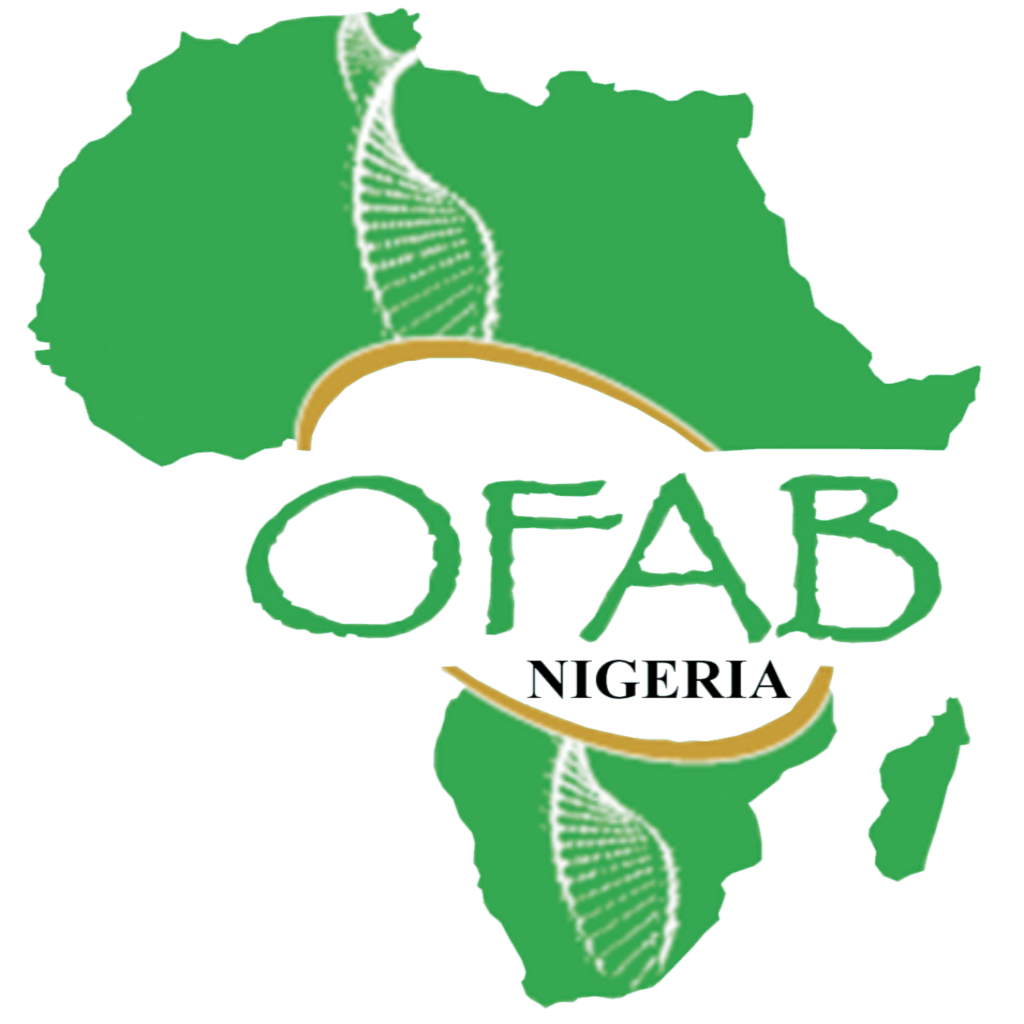Prejudice is the major force combating the increased in adoption of GM Crops. Defined as the pre-conceive mindset developed by individuals unconsciously or otherwise, prejudice has continued to be a major constraint to the adoption of new technology and products. A survey conducted by OFAB Nigeria in 2021 among a set of Nigerian tertiary students from 20 different universities has revealed that more than 90% of the respondent had a natural fear for the consumption of GMOs even without having any evidence or fact that proofs otherwise.
In the same survey, OFAB Nigeria finds out that accurate dialogue, sensitization and communication about the safety of the crop can increase the chance of changing the perception of the public by 90%. It is therefore strongly recommended that stakeholders continue to increase her engagements with the public if the barrier of prejudice must be broken.
Intentional advocacy, a term that means structuring communication strategies to achieve a set of defined objectives within a targeted audience and time, has been over the years observed as very potent in rapidly changing the narratives of any subject matter. It is done with the primary aim of building the trust of a particular public sector on a subject matter.
As the need to feed our timid population continues to rise, the necessity of deploying safe techniques in food production is now pertinent and the use of genetic modification technology has been highly underscored by many stakeholders across the country. The onus now rest on scientists who form bulk of the stakeholders of the genetic modification technology to engage profitable communication strategies that will ward off any inherent trace of prejudice from the mind of the benefiting public.

